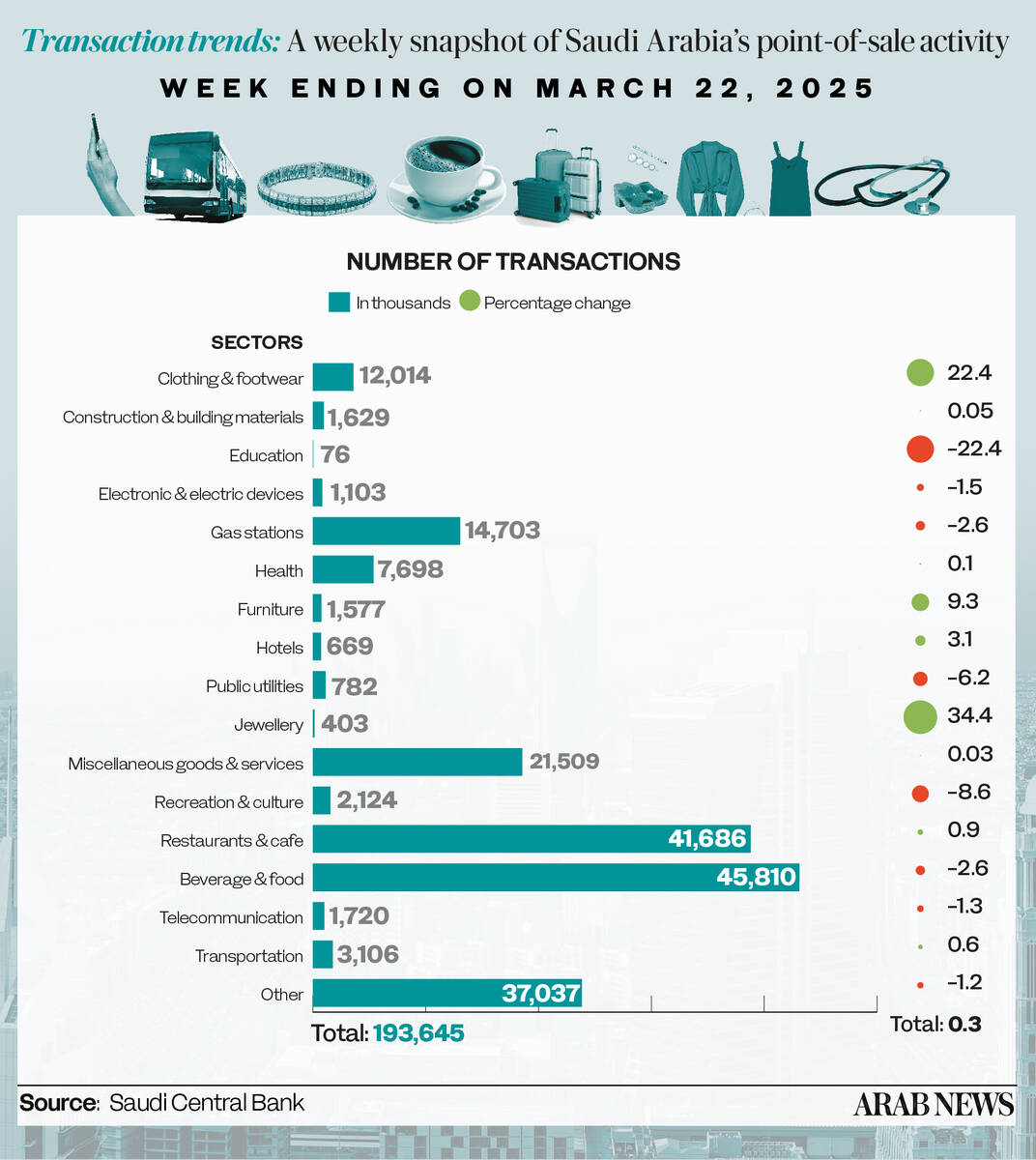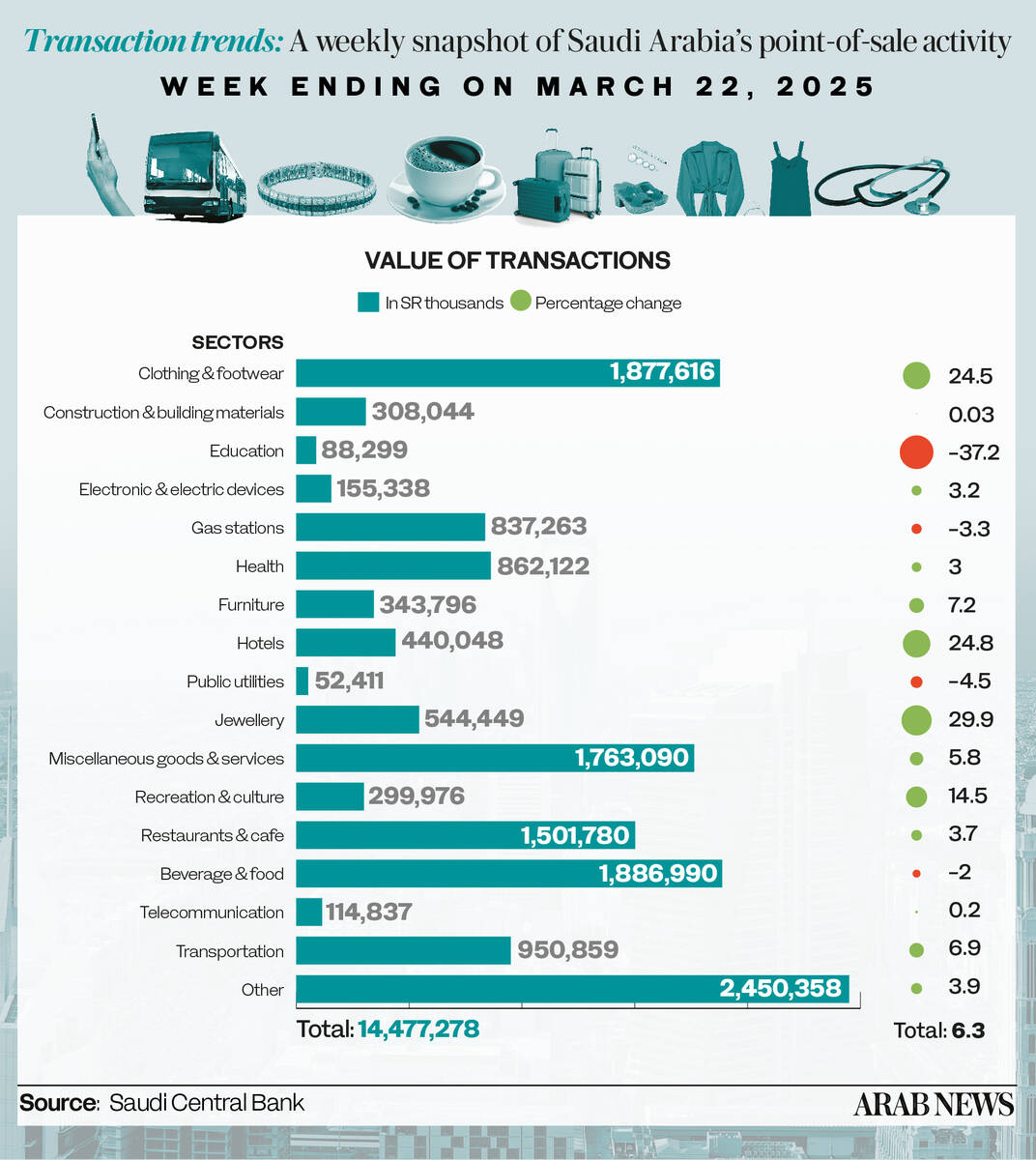TOKYO/SINGAPORE: Oil prices edged up on Thursday on concerns about tighter global supply after US tariff threats on Venezuelan oil buyers and earlier sanctions on Iranian oil buyers, while traders weighed the impact of US President Donald Trump’s auto tariffs.
Brent crude futures gained 7 cents, or 0.1 percent, at $73.86 a barrel. US West Texas Intermediate crude futures rose 10 cents, or 0.1 percent, to $69.75 a barrel at 7:06 a.m. Saudi time.
On Wednesday, oil prices rose by around 1 percent on government data showing US crude oil and fuel inventories fell last week, and on the US threat of tariffs on nations buying Venezuelan crude.
“The recent (price) uptrend seems to be factoring in the noise around tariffs for buyers of Venezuela oil. We have maintained that Trump’s policies on Iran and Venezuela present the biggest upside risk for oil prices, so that is kind of partially playing out currently,” said DBS Bank’s energy sector team lead Suvro Sarkar.
India’s Reliance Industries, operator of the world’s biggest refining complex, will halt Venezuelan oil imports following the tariff announcement, sources said on Wednesday.
Sarkar said, however, DBS does not see prices returning to the higher levels seen in early 2025 as demand concerns stemming from “US policy uncertainty and tariff wars will come back to haunt the market at some point again.”
Traders and investors were also assessing the impact on oil demand from Trump’s latest announcement of a 25 percent tariff on imported cars and light trucks from next week. The view was that it could drive auto prices up, potentially impacting demand for oil, but also slow down the switch to greener cars.
“The news around Trump’s tariffs on autos may actually turn out to be a net positive for crude oil because the rise in new car prices from tariffs will mean it slows down the switch to newer, more fuel-efficient models,” said Tony Sycamore, a market analyst at IG.
US oil and gas activity increased slightly in the first quarter, but energy executives were pessimistic about the sector’s outlook, a Dallas Fed survey showed, as separate Trump tariffs on steel and aluminum could drive up costs for drilling and pipeline construction.



























